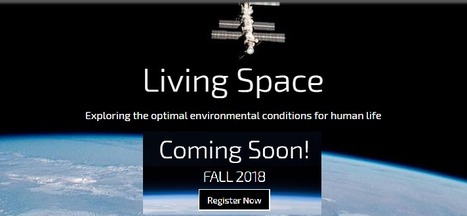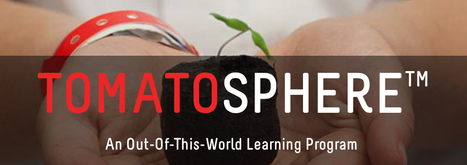How does your Living Space compare to the International Space Station?
As we look forward to expanding space exploration into long-term, long-distance space travel, we need to understand how environmental factors impact human health and well-being. Let’s Talk Science has developed an exciting new Action Project in partnership with the Canadian Space Agency and the CanCode program to give teachers and students an opportunity to monitor their “living space” and integrate science and coding in a unique and engaging way in their classroom. During the upcoming mission of Canadian astronaut David Saint-Jacques, David will be experiencing first-hand the environmental conditions of the International Space Station (ISS) and reporting them back to earth for participating classrooms to compare their results to!
Participating students and educators will:
* Study key environmental conditions that are carefully monitored and adjusted on the ISS;
*Investigate environmental conditions, such as temperature, light, humidity, and air quality, in their classroom, and how these relate to health and well-being;
* Collect and analyse data using programmed sensors and compare it with information from other participating classrooms as well as other locations – even the ISS during David Saint-Jacques' mission;
* Develop analytical thinking and digital and coding skills!



 Your new post is loading...
Your new post is loading...











Registration is now open for this exciting project!